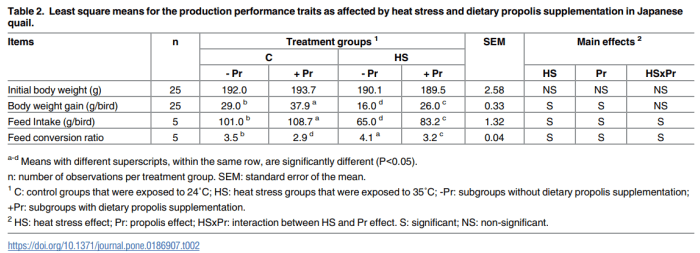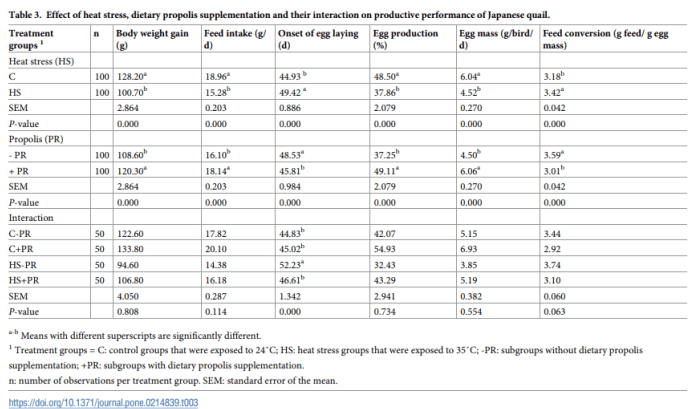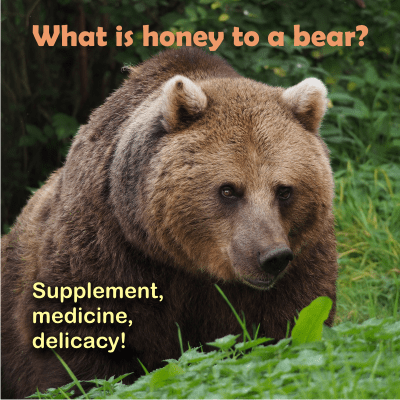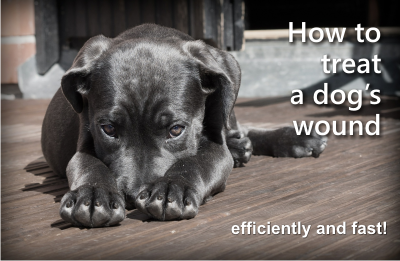If you are a farmer and want to eat healthy nutritious eggs then you surely wonder how to organically feed your chickens to lay more eggs, especially how to boost the egg production in the hot days of summer, when the chickens are suffering. Here is a solution offered by a Japanese research team and an Israeli one: feed them propolis.
“Propolis represents a potential nutritional strategy in order to improve quail performance.” If you are a beekeeper or live next to one, this powerful supplement will boost your egg production even in the hot days of summer (over 30˚C).
In the US alone, more than 300 million chickens are reared for egg production. Today poultry are raised in factory farms – as part of intensive farming, a way that harms the environment, creates human health risks and is cruel to the animals. The alternative is free-range farming. The chickens can feel the ground beneath their claws, get warm in the sun and actually have some spaces to exercise their muscles.
But these chickens are still fed with chemicals, additives, hormones and tons of antibiotics. Their eggs will be far from reaching their higher health potential. Their meat will be almost just as every other chicken bought from the supermarket.
The best solution is to rear your own chickens and let them feed themselves with nutritious grass, organic corn and wheat. However, depending on weather conditions mostly, their egg production may decrease. It happens, for example, during the hot days of summer.
It is well-known that poultry exposure to heat stress environment in tropical and subtropical areas adversely affects their production performance. This happens mainly due to reduce feed consumption in order to reduce the metabolic heat production. An imbalanced status in the physiology and immunology of birds occurs in response to the exposure to heat stress.
The sad story of layer hens
Layer hens are chickens farmed primarily for eggs. Because they are fed specific food, the hens breeds can produce over 300 eggs per year, with “the highest authenticated rate of egg laying being 371 eggs in 364 days“. Yes, more than one per day! But after 12 months of laying, the hen’s ability starts to decline to the point where the flock is commercially unviable.
Hens reared in battery cage systems, are sometimes infirm, loose their feathers and have a life expectancy of less than 2 years, instead of 7!
In the UK and Europe, after their egg production decreases, laying hens are slaughtered and used in processed foods or sold as “soup hens”.
In some other countries, flocks are sometimes force moulted, rather than being slaughtered, to re-invigorate egg-laying. This involves complete withdrawal of food (and sometimes water) for 7–14 days or sufficiently long to cause a body weight loss of 25 to 35%, or up to 28 days under experimental conditions. This stimulates the hen to lose her feathers, but also re-invigorates egg-production. Some flocks may be force-moulted several times. In 2003, more than 75% of all flocks were moulted in the US.
To me it seems that these hens are no longer considered animals, but objects, mere clones created to be used without any trace of humanity.
But if you are on this page, it means you love your chickens, respect them and want to feed them organically for the benefits of both parts. Help them in the hot days of summer with a supplement which scientifically proved its great benefits.
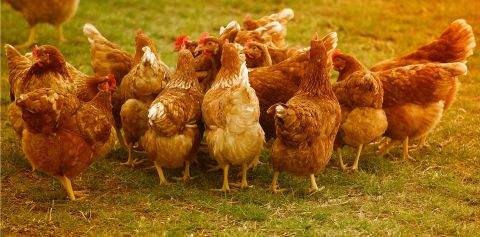 picture source pixabay.com
picture source pixabay.com
Propolis is a nutritional supplement that improves poultry performance
Japanese quail, Coturnix japonica, is a species of Old World quail found in East Asia, which has now over 11 breeds and can be found almost everywhere. The quail eggs are small but very healthy. One serving has much more vitamin B2 and iron compared to chicken eggs and their calories and protein content are similar to those of chicken eggs, per serving. The level of cholesterol is higher, but you should know that the updated Dietary Guidelines for Americans have removed the limits on cholesterol intake for humans.
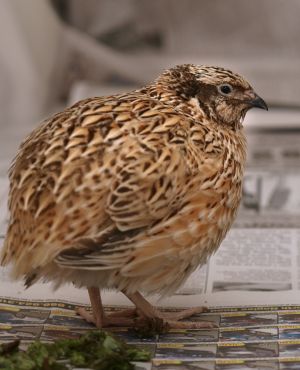 Japanese Quail – picture credit Mikiko the Quail
Japanese Quail – picture credit Mikiko the Quail
Under heat stress, propolis supplementation alleviated the negative effects of heat stress on growth, physiological and immunological performance of quail chicks.
• A 2017 study conducted by Gamal M. K. Mehaisen from the University of Cairo, Egypt, evaluated the effects of propolis supplementation to Japanese quail (Coturnix coturnix japonica) diets on the production performance, intestinal histomorphology, relative physiological and immunological parameters, and selected gene expression under heat stress conditions.
300 Japanese quail chicks, 1 day old, were randomly distributed into 20 wired-cages. They were fed according to NRC (1994) guidelines with a starter diet (24% CP and 2900 kcal/kg ME) until 20 day of age followed by a grower diet (20% CP and 3100 kcal/kg ME) from day 21 onwards.
At 28 day of age, the birds were divided into 2 temperature treatment groups; a normal at 24˚C (C group) and a heat stress at 35˚C (HS group).
The birds in each group were further divided into 2 subgroups; one of them was fed on a basal diet without propolis supplementation (-Pr subgroup) while the other was supplemented with propolis (+Pr subgroup).
How was propolis prepared and what was the dose?
Collected propolis was extracted for a week with 100 ml of 70% ethanol at room temperature. After filtration, the extract was evaporated using a vacuum evaporator at 50˚C. The extracted propolis was kept in a clean, dark bottle at 4˚C until use in the experiment.
The free radical scavenging activity calculated for the extracted propolis was 87.3%. the flavonoids and polyphenols amounts in the propolis samples were 10.2% and 5.6%, respectively.
Propolis was incorporated into the basal diet of quail in a powder form at 1 g of extracted propolis per kg feed.
The researchers measured the production performance including body weight gain, feed intake and feed conversion ratio. They performed intestinal histomorphological measurements for all treatment groups, including relative physiological parameters including body temperature, corticosterone hormone level, malondialdehyde (MDA) and free triiodothyronine hormone (fT3), as well as the relative immunological parameters including the total white blood cells count (TWBC’s), heterophil/lymphocyte (H/L) ratio and lymphocyte proliferation index. Also, mRNA expression for toll like receptor 5 (TLR5), cysteine-aspartic protease-6 (CASP6) and heat shock proteins 70 and 90 (Hsp70 and Hsp90) genes was quantified in this study.
The results showed that the addition of propolis in quail diets significantly increased the weight gain and feed intake and improved the feed conversion ratio.
– The quail production performance was significantly (P<0.05) impaired by heat stress treatment,
– Propolis treatment significantly improved the quail production performance.
– Heat stress had a negative impact of on the physiological status of quail;
– Propolis significantly alleviated this negative effect.
– Quail of the heat stress group expressed lower immunological parameters than control group,
– Propolis enhanced the immune status of the quail.
– The relative mRNA expression of TLR5 gene was down-regulated by heat stress treatment
– while it was up-regulated by the propolis treatment.
Furthermore, propolis normalized the high expressions of CASP6 and Hsp70 genes, when compared to the control group (without heat stress).
Based on these results, the scientists recommended the addition of propolis to quail diets as a potential nutritional strategy in order to improve their performance, especially under heat stress conditions.
Propolis boosts egg production under hot conditions
• A study published in April 2019, conducted by Gamal M. K. Mehaisen, investigated the effects of dietary propolis supplementation to laying Japanese quail (Coturnix coturnix japonica) on egg production, egg quality,
physiological and immunological aspects under heat stress conditions.
The study started from the fact that exposing laying quails to 34˚C results in decreased egg production and feed conversion, and impaired egg quality. Furthermore, yolk and serum cholesterol levels as well as other general stress biomarkers increased.
In 2014 Mahmoud UT and his team, and in 2008 and 2009, Seven PT and his colleagues, showed in their reviews that propolis has been widely used in poultry feeds to expand their productive performance especially under high environmental temperatures.
The quails under heat stress were treated with propolis at 1 g/ kg basal diet (+PR subgroup) for 6 consecutive weeks (till 70 days of age).

The results showed that heat stress treatment significantly (P<0.001) decreased body weight gain, feed intake, egg production, egg mass and impaired feed conversion in quail birds, while it started the onset of egg laying lately.
In contrast, propolis supplementation significantly (P<0.001) improved the body weight gain, feed intake, egg production, egg mass and feed conversion and the onset day of egg laying started earlier.
The average egg weight:
– under stress heat without propolis treatment, the average egg weight was significantly (P<0.05) decreased,
– under heat stress with propolis treatment the average egg weight was significantly (P<0.01) increased.
Body temperature:
– elevated significantly (P<0.001) under heat stress
– dietary PR supplementation decreased (P<0.001) body temperature.
And so on. You can find all the other parameters here.
The researchers’ conclusion was that supplementing quail diet with propolis is more economic and cheaper. Therefore, the addition of propolis to diets of laying Japanese quail could be recommended as a successful attempt to maintain the performance and egg production of quail birds at non-optimal conditions like HS.
Other recommended supplements for poultry:
Recent studies have revealed that supplementation of some antioxidants like vitamin C and E and/or other compounds (such as tomato powder supplementation) could counteract the heat stress effects on growth and physiological aspects that are caused by high environmental temperatures in broilers, in
– laying hens (Seven PT. The effects of dietary Turkish propolis and vitamin C on performance, digestibility, egg production and egg quality in laying hens under different environmental temperatures, in 2008 and Deng W, Dong XF, Tong JM, Zhang Q. The probiotic Bacillus licheniformis ameliorates heat stressinduced impairment of egg production, gut morphology, and intestinal mucosal immunity in laying hens. in 2012), and,
– in quail birds (Sandikci M, Eren U, Onol AG, Kum S. The effect of heat stress and the use of Saccharomyces cerevisiae or (and) bacitracin zinc against heat stress on the intestinal mucosa in quails. in 2004, and Sahin N, Orhan C, Tuzcu M, Sahin K, Kucuk O. The Effects of Tomato Powder Supplementation on
Performance and Lipid Peroxidation in Quail in 2008).
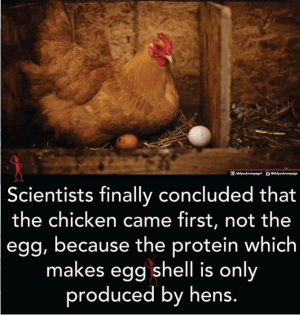 source: Instagram
source: Instagram

